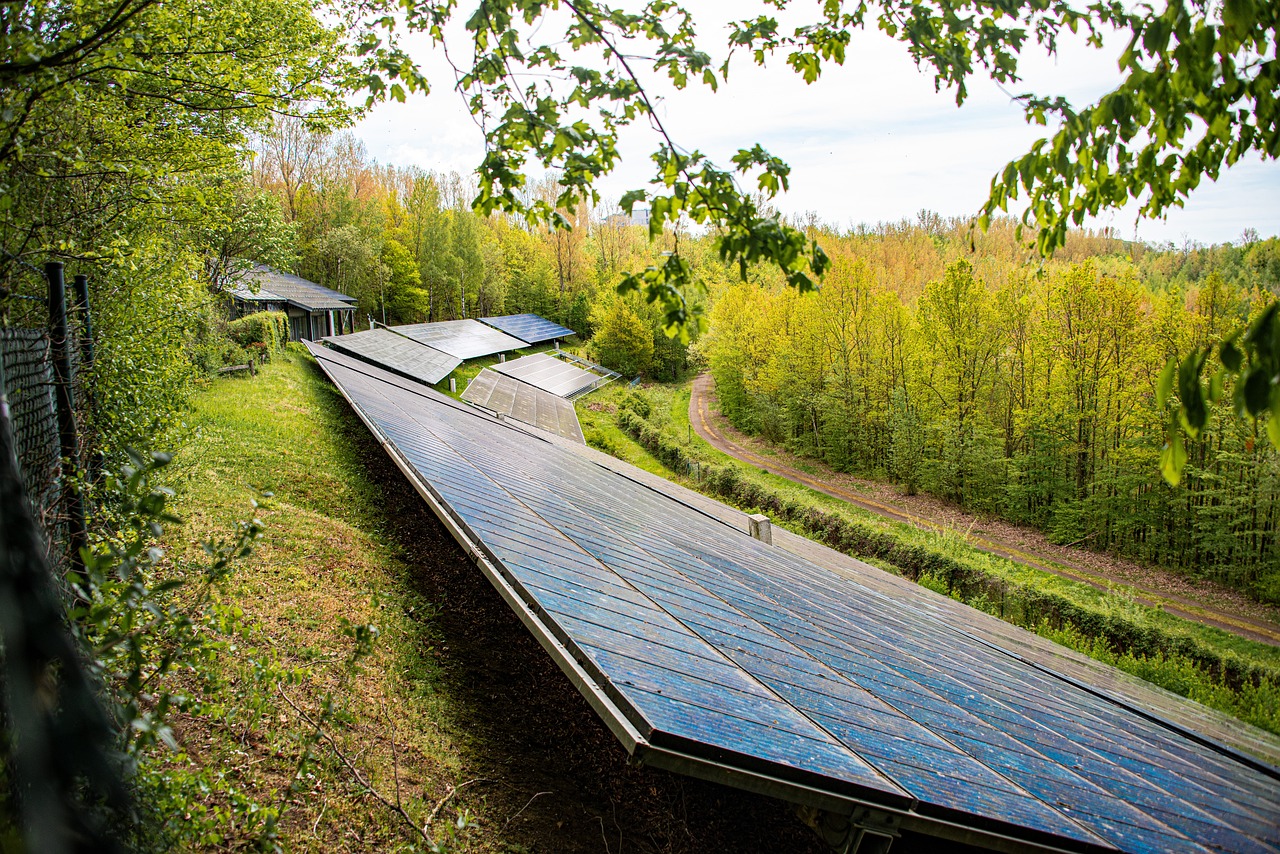Mitigating Climate Change
Solar energy plays a vital role in mitigating climate change by reducing greenhouse gas emissions. Unlike fossil fuels, which release carbon dioxide and other pollutants when burned, solar panels generate electricity without emitting harmful gases, helping to curb global warming and its adverse effects.
Preserving Air and Water Quality
By harnessing sunlight to generate electricity, solar power helps preserve air and water quality. Unlike coal-fired power plants, which release pollutants such as sulfur dioxide and mercury, solar energy production is clean and does not contribute to air or water pollution, protecting human health and ecosystems.
Conserving Natural Resources
Solar energy is a renewable resource that relies on sunlight, a virtually limitless source of energy. Unlike finite fossil fuels, such as coal, oil, and natural gas, which are extracted from the earth’s crust and depleted over time, solar power is abundant and sustainable, conserving precious natural resources for future generations.
Protecting Ecosystems and Biodiversity
The expansion of solar energy helps protect ecosystems and biodiversity by reducing habitat destruction and wildlife displacement associated with fossil fuel extraction and energy production. Solar farms can coexist with agriculture and wildlife habitats, minimizing environmental impact and preserving natural landscapes.
H4: Conclusion
Solar energy offers a multitude of environmental benefits, from mitigating climate change and preserving air and water quality to conserving natural resources and protecting ecosystems and biodiversity. By embracing solar power, we can build a cleaner, healthier planet for current and future generations.


